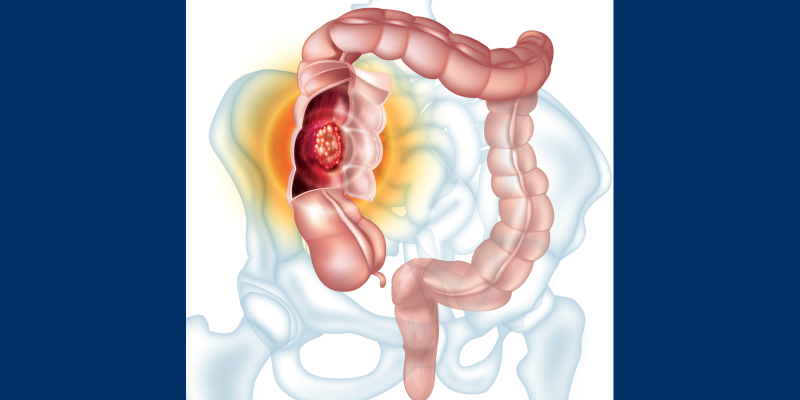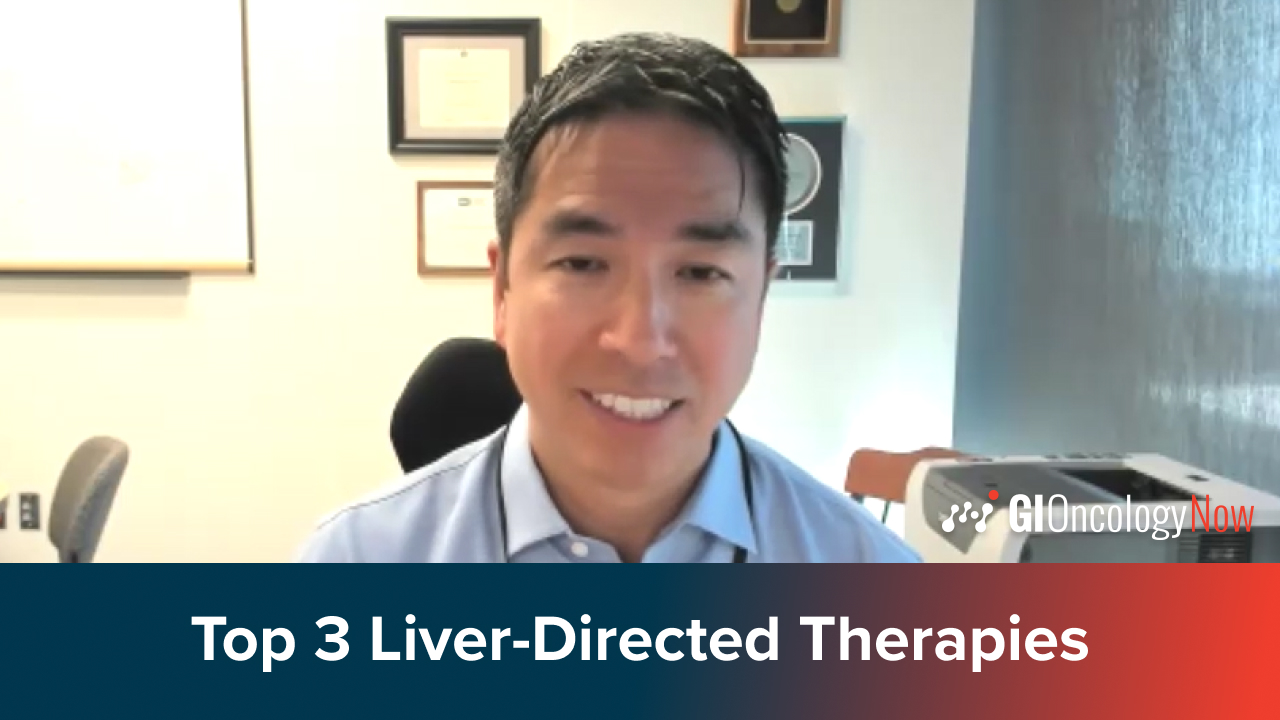
Researchers, led by Valérie Boige, MD, PhD, examined the safety and efficacy of cetuximab, an anti-epidermal growth factor receptor (EGFR) monoclonal antibody, for single-agent maintenance therapy in patients with RAS wild-type metastatic colorectal cancer (mCRC) who had completed induction therapy with leucovorin, fluorouracil, and irinotecan (FOLFIRI) and cetuximab.
Their study, published in JAMA Network Open, reported that, while the randomized clinical trial did not meet its primary end point of 6-month rate of progression-free disease, there was a “clinically meaningful” benefit to progression-free survival (PFS) and overall survival (OS) in patients with mCRC receiving cetuximab monotherapy for maintenance.
“However,” the authors noted, “maintenance cetuximab or treatment breaks after first-line combination FOLFIRI-cetuximab therapy seem inappropriate for patients with [mitogen-activated protein kinase (MAPK)]-mutated independently of the side of primary tumor.”
Colorectal Cancer Maintenance With Cetuximab Shows Promise
The randomized trial analyzed 214 patients with mCRC. Overall, the cohort was 65.9% male and had a median age of 67 years (range, 23-85 years). After 8 cycles of induction therapy with FOLFIRI and cetuximab, patients without disease progression were randomized between biweekly cetuximab (n=139) or observation (n=67) for maintenance treatment.
According to the authors, the 6-month progression-free rate in the cetuximab group was 38.8% (95% CI, 27.1-51.5) compared with 5.6% (95% CI, 1.5-13.6) in the observation group. At a median follow-up of 40.5 months (95% CI, 33.6-47.5), median PFS was 5.3 months (95% CI, 3.7-7.4) in the cetuximab group and 2.0 months (95% CI, 1.8-2.7) in the observation group. Median OS was 24.8 months (95% CI, 18.7-30.4) and 19.7 months (95% CI, 13.3-24.4), respectively.
In an exploratory biomolecular analysis via next-generation sequencing, researchers found patients with any tumor-activation mutation in the MAPK pathway were associated with reduced PFS regardless of treatment group (hazard ratio, 1.63; 95% CI, 1.01-2.62; P=.04). The most common grade 3 or 4 treatment-related adverse event in the cetuximab group during maintenance was rash in 8 out of 67 analyzed participants.
In closing, Dr. Boige and colleagues suggested “further studies will need to better clarify subgroups of patients who will benefit or not benefit from maintenance with anti-EGFR antibodies and to define the most appropriate maintenance regimens according to the tumors’ molecular characteristics.”
Related: Dr. Cathy Eng Discusses the FRESCO-2 Study and Its Impact on Metastatic Colorectal Cancer Treatment







 © 2025 Mashup Media, LLC, a Formedics Property. All Rights Reserved.
© 2025 Mashup Media, LLC, a Formedics Property. All Rights Reserved.